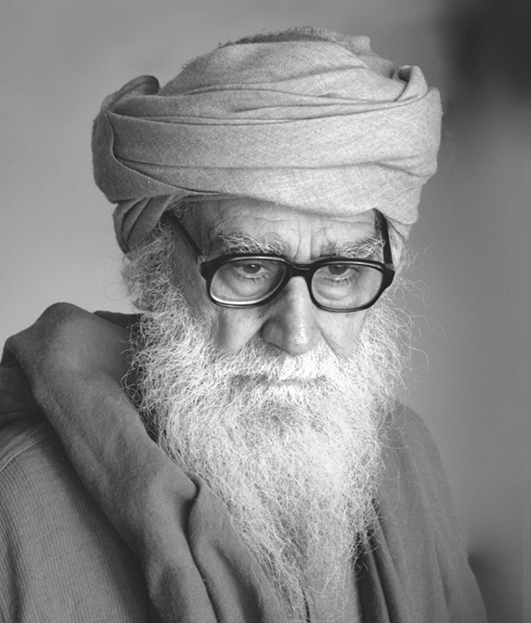Islam and Sultan
In the book, Islam and Sultan the author Maulana Wahiduddin Khan explains that there are two requirements of Islam. Internally, every man and woman has to follow a life of God-mindfulness. In other words, everyone must strive to become a true believer. Externally, the mission of the believers is dawah-ilallah, that is, conveying peacefully the divine message of mercy to all human beings. In this matter, the actual role of political power is not the enforcement of justice, rather its role is to establish a normal situation, that is, peace in society, in order that people may find favorable conditions and the opportunity to follow justice in their lives. That is why all the ulama accepted the dynastic model as the right model, although it was clearly different from the model of the Rightly Guided Caliph, for they provided peace and security. Any model of political rule is acceptable in Islam as long as it provides peace and security to its citizens. When there is peace in society, individuals and institutions can perform dawah work, as was performed by the prophets with peaceful planning, all over the world.
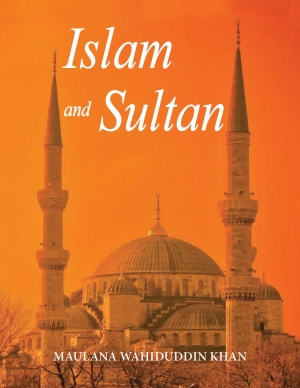
Islam and Sultan
Maulana Wahiduddin Khan
Foreword
There are two requirements of Islam. Internally, every man and woman has to follow a life of God-mindfulness. In other words, everyone must strive to become a true believer. Externally, the mission of the believers is dawah ilallah. That is, in the light of the Quran and Sunnah, conveying peacefully the divine message of mercy to all human beings. In this matter, the actual role of political power is to establish favourable conditions in society. When there is peace in society, it is the responsibility of individuals and institutions to perform dawah work, as was performed by the prophets, with peaceful planning all over the world.
The task of political power is to provide peace and security to Muslims, so that all religious activities may be performed in a normal way. It is because of this role that there is no single external model of political power in Islam. This is why the Companions (Sahaba), Followers of the Companions (Tabieen), Followers of the Followers (Taba Tabieen), traditionalists, jurists, and ulama—all accepted the dynastic model as the right model, although it was clearly different from the model of the Rightly Guided Caliphs. For, they saw that under this model the Muslims were fully enjoying peace and security and that all religious activities were being performed without any obstacle, while these opportunities were not available to them earlier.
All the ulama of this period accepted the dynastic model as the right model (durust manhaj). No notable scholar staged a revolt against dynastic rule. Among the Muslim ulama, manhaj as-salaf (the pattern of early Muslims) is accepted as the right method. The renowned traditionalist Imam Nawawi (d. 1277 AD), explaining some traditions of the Prophet Muhammad representing manhaj as-salaf, writes: “Revolting against the rulers or waging war with them is unlawful by the consensus of ulama, even if the rulers are tyrants and sinners.” (Sharh an-Nawawi, Vol. 12, p. 229)
The role of political power is not the enforcement of justice, rather its role is to establish a normal situation in society.
Wahiduddin Khan
January 1, 2021
New Delhi, India
Islam and Sultan
The history of Islam began in 610 AD. The death of the Prophet of Islam in 632 AD was followed by the age of the Rightly Guided Caliphs. There were four caliphs in this period which lasted for about thirty years. The appointment of each of these four caliphs took place in different ways. This shows that the appointment of the caliph or political leader is not based on divine commandment, rather it is based on ijtihad. This is why there is no single standard
model for the appointment of political leader.
The decision of appointing a political leader is based on ijtihad while taking care of the prevailing circumstances.
After the age of the Rightly Guided Caliphs came the age of Amir Muawiyah (602-680 AD), a companion of the Prophet. The dynastic model of government was adopted during the period of the rule of Amir Muawiyah. There were a large number of companions alive at this time, but they all accepted the dynastic model of governance. Afterwards this model worked throughout the political history of Islam.
The Companions (Sahaba), Followers of the Companions (Tabieen), Followers of the Followers (Taba Tabieen), traditionalists, jurists, and ulama—all accepted the dynastic model. Several Muslim governments were established on this model in Islamic history, for instances in the period of the Umayyads, the Abbasids, the Ottoman and Mughal empires. All these empires were based on the dynastic model. Also, all those people who were known as aslaf (Muslims of the early period) practically accepted this model. The reason was that this model had become an accepted model as a result of the historical process. It is this dynastic model which is in place in Arab states in present times.
Among the Muslim ulama, manhaj as-salaf (the pattern of early Muslims) is accepted as the right method. All the ulama of this period accepted the dynastic model as the right model (durust manhaj). No notable scholar staged a revolt against dynastic rule. During the Abbasid period, the ulama decreed by consensus that revolting against Muslim rulers was unlawful. The renowned traditionalist Imam Nawawi (d. 1277 AD), explaining some traditions of the Prophet representing manhaj as-salaf, writes: “Revolting against the rulers or waging war with them is unlawful by the consensus of Muslims, even if the rulers are tyrants and sinners.” (Sharh an-Nawawi, Vol. 12, p. 229 )
Who were the Muslim rulers in those times? It was they who had established dynasties. The Arab states of present times are a continuation of that dynastic system. Therefore, the above agreed-upon fatwa of Imam Nawawi will apply to the present Arabic states just as it applied to earlier Muslim states.
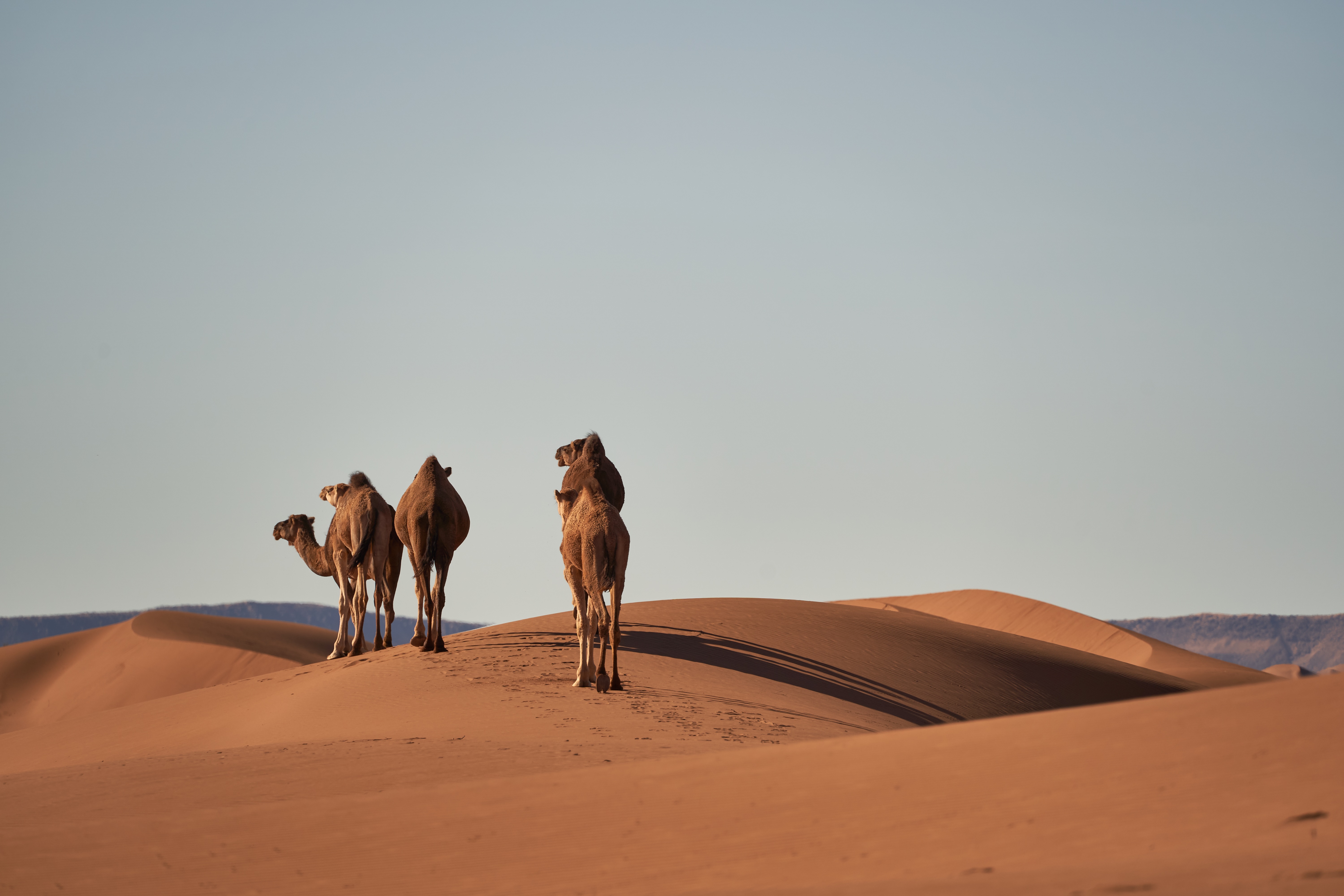
Why was it that the ulama accepted by consensus the dynastic rule as the approved model? The reason was that in Islam the aim of government is to provide tamkin, or stability (The Quran, 22:41), rather than establishing any particular system. By tamkin is meant here political stability. Political stability and normalcy give the Islamic scholars and reformers the opportunity to run all the departments of religion without any hindrances.
One aspect of this wisdom is that the scheme of life is based more on traditions than on laws and government. And so far as the traditions are concerned, they get established in any society over a long period of time. Someone has rightly said: “It requires a lot of history to make a little tradition.”
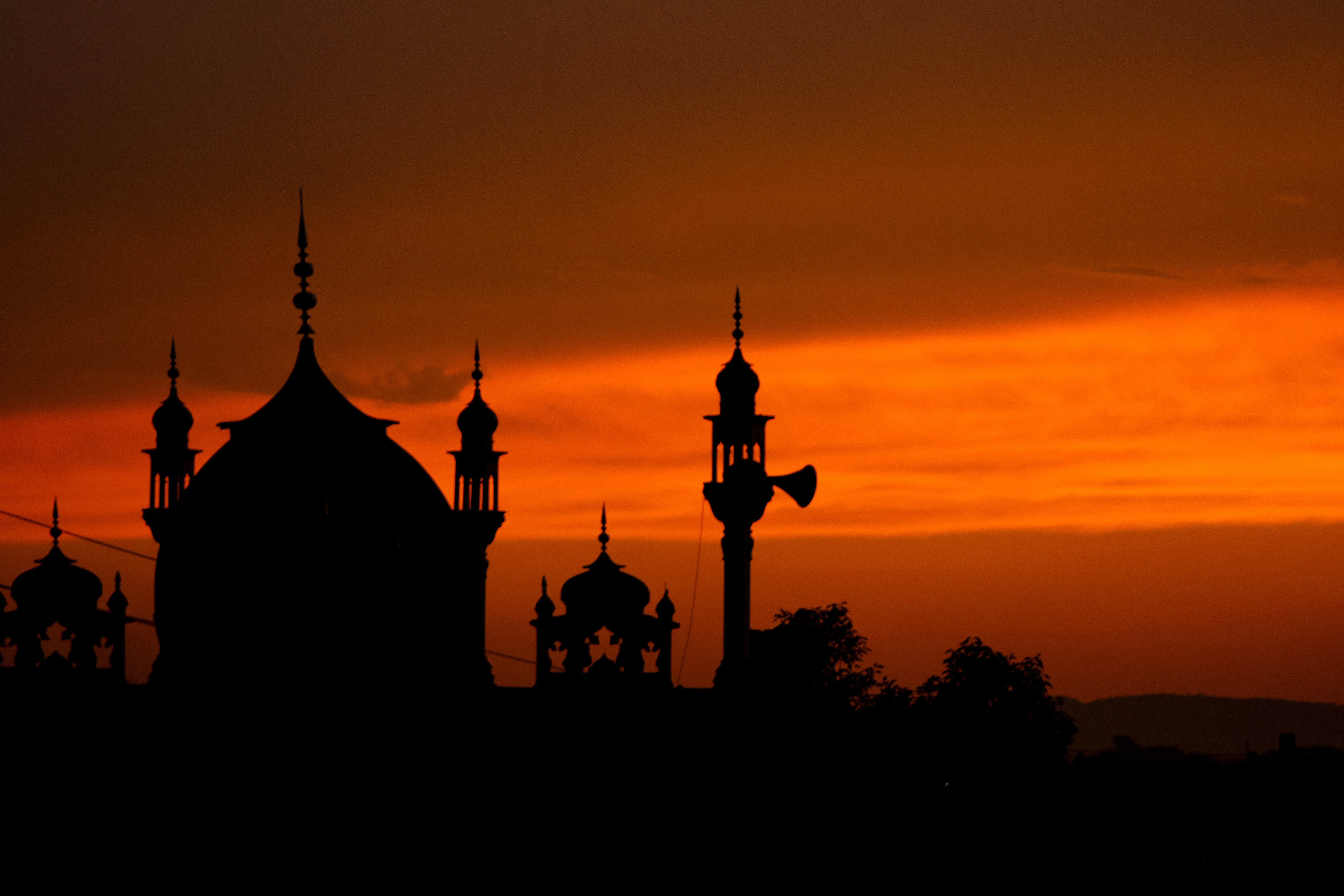
It would not be wrong to say that if the position of the government is that of a political empire, the position of traditions is that of a non-political empire. Although the traditions-based empire is an unseen empire, the system of a society practically functions mostly, rather about ninety-nine per cent, by this non-political empire. This non-political empire is always formed by those who are not associated with the government.
It would not be wrong to say that if the position of the government is that of a political empire, the position of traditions is that of a non-political empire.
The Prophet of Islam was the last prophet. It was therefore essential for maintaining the continuity of religion that a traditional structure should come into existence in Islam. The history of Islam tells us that during the time of the Prophet, adverse circumstances such as boycott by opponents, battles and emigration were an obstacle to establishing healthy traditions. During the time of the caliphate, due to serious mutual differences, resulting
in the assassination of three caliphs, the desired atmosphere for continuity of religious traditions was absent.
God, according to His creation plan, is managing the whole created world. The physical world is totally under God’s control. Since human beings have been granted freedom according to God’s creation plan, therefore God’s method is different with regard to the human world. God’s method here is to manage human history in the desirable way by maintaining human freedom. Therefore, it was God’s will that such a political system gets established which functions continuously without any break.
This is indicated in this verse of the Quran: It is We who have sent down the Reminder and We will, most surely, safeguard it. (The Quran, 15:9) The preservation of the Quran in its vaster sense includes the preservation of the whole religion of Islam. After about thirty years of the period of caliphate, the system of dynastic rule came into existence under this divine arrangement.
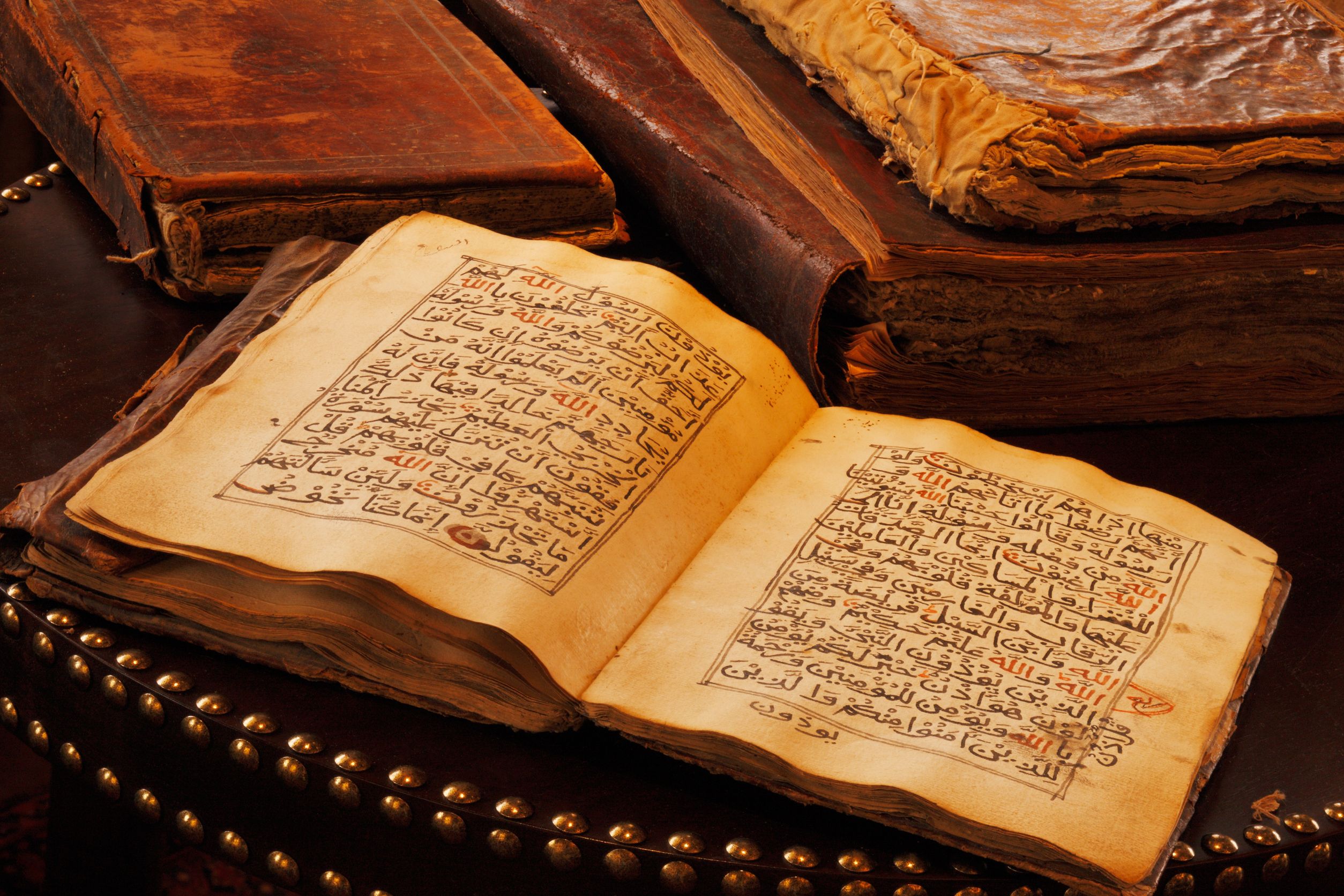
The history of Islam tells us that after the establishment of dynastic rule the desirable environment came into force in the ummah. The ummah accepted this system. This acceptance was based on practical wisdom. The continuity that came into effect under this system, paved the way for healthy religious traditions. This is why we find that today a traditional structure of religion is fully established throughout the Islamic world. Because of this, it has become easy for every Muslim to know about Islam and to follow it.
‘It is We who have sent down the Reminder and We will, most surely, safeguard it.’ (The Quran, 15:9)
The history of Islam tells us that when, after Amir Muawiyah came to power and the system of dynastic rule was established, the situation became normalized. All religious activities began to be performed smoothly. For instance, the preservation of the Quran, the collection and compilation of traditions of the Prophet, the compilation of fiqh or jurisprudence, the compilation of religious sciences, the establishment of the systems of mosques, madrasas, hajj and umrah, the performance of dawah work, and so on. All these activities began to be performed in a state of peace and normalcy. The whole library of religious sciences came into existence during this period. This system is practically still in existence today. Earlier, all these activities were being performed at a very negligible level.
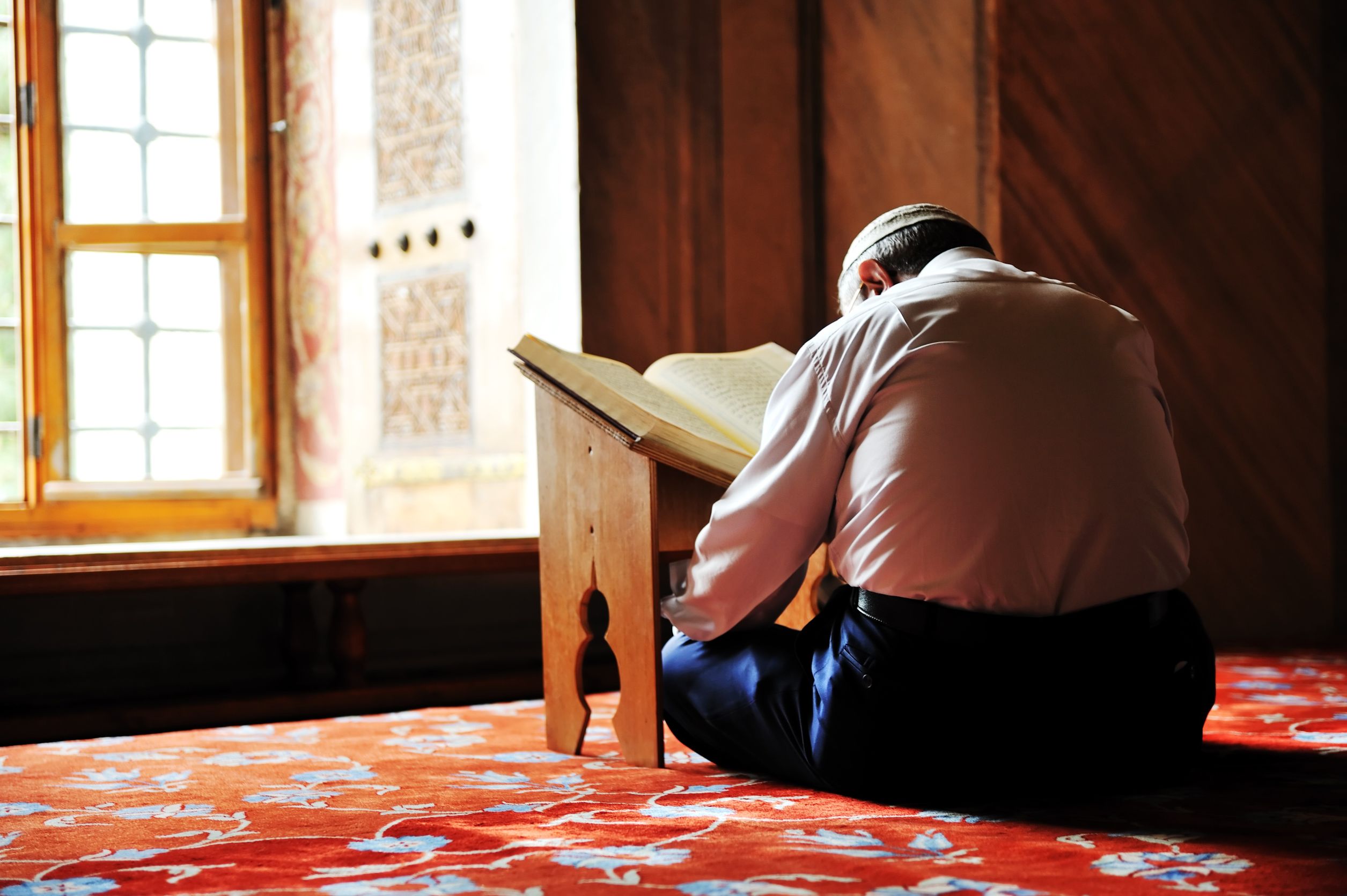
Imam Malik ibn Anas (d. 795 AD), referring to his teacher Wahb ibn Kaisan, says: Without doubt the reform of the later phase of this ummah will be done by following the same method which was followed by the people of the early phase of Islam. (Musnad al-Muwatta of Al-Jauhari, Hadith No. 783) Here, by ‘earlier ummah’ is meant the age of aslaf.
The age of aslaf, in its entirety, came into existence during the dynastic rule. With this, we can safely infer that the political model, which was unanimously accepted by all the ulama of the earlier period of Islam is right for the ummah even in its later period. That is, it is through following this method that the reform of the ummah of later times is possible.

Abdullah ibn Abbas, a Companion of the Prophet has narrated a hadith in these words: Islam and sultan (king) are twin brothers. (Kanzul Ummal, Hadith No. 14613) According to another tradition, “The king and religion are twin brothers.” (Kashful Khifa, Hadith No. 2329) In these traditions the words ‘sultan’ and ‘mulk’ are synonymous—they both mean political power. This shows that the role of political power in Islam is, in actual fact, a supporting role. Political power is a powerful supporting factor for providing shelter to Islam in that all religious activities are smoothly performed under it.
‘Islam and sultan (king) are twin brothers.’ (Kanzul Ummal, Hadith No. 14613)
The matter of justice (adl) is used in the Quran not in the intransitive tense (mut‘a’ddi), but in the transitive (lazim) tense. For example, a verse in the Quran says, ‘Deal justly.’ (The Quran, 5:8) Another verse says: So that men might act in all fairness. (The Quran, 57:25) That is to say, the role of political power is not the enforcement of justice, rather its role is to establish a normal situation in society in order that people may find the opportunity to follow justice in their lives.
It is because of this role for political power, there is no single external model of political power in Islam. The task of political power is to provide peace and security to Muslims, so that all religious activities may be performed in a normal way. This is why ulama agreed in accepting the dynastic model as the right model, although it was clearly different from the model of the Rightly Guided Caliphs. For, they saw that under this model the Muslims were fully enjoying peace and security and that all religious activities were being performed without any obstacle, while these opportunities were not available to them earlier.
The task of political power is to provide peace and security to Muslims, so that all religious activities may be performed in a normal way.
The truth is that there are two requirements of Islam. Internally, every man and woman has to follow a life of God-mindfulness. In other words, everyone must strive to become a true believer. Externally, the mission of the believers is dawah ilallah. That is, in the light of the Quran and Sunnah, conveying peacefully the divine message of mercy to all human beings. In this matter, the actual role of political power is to establish favourable conditions in society. When there is peace in society, it is the responsibility of individuals and institutions to perform dawah work, as was performed by the prophets, with peaceful planning all over the world.

